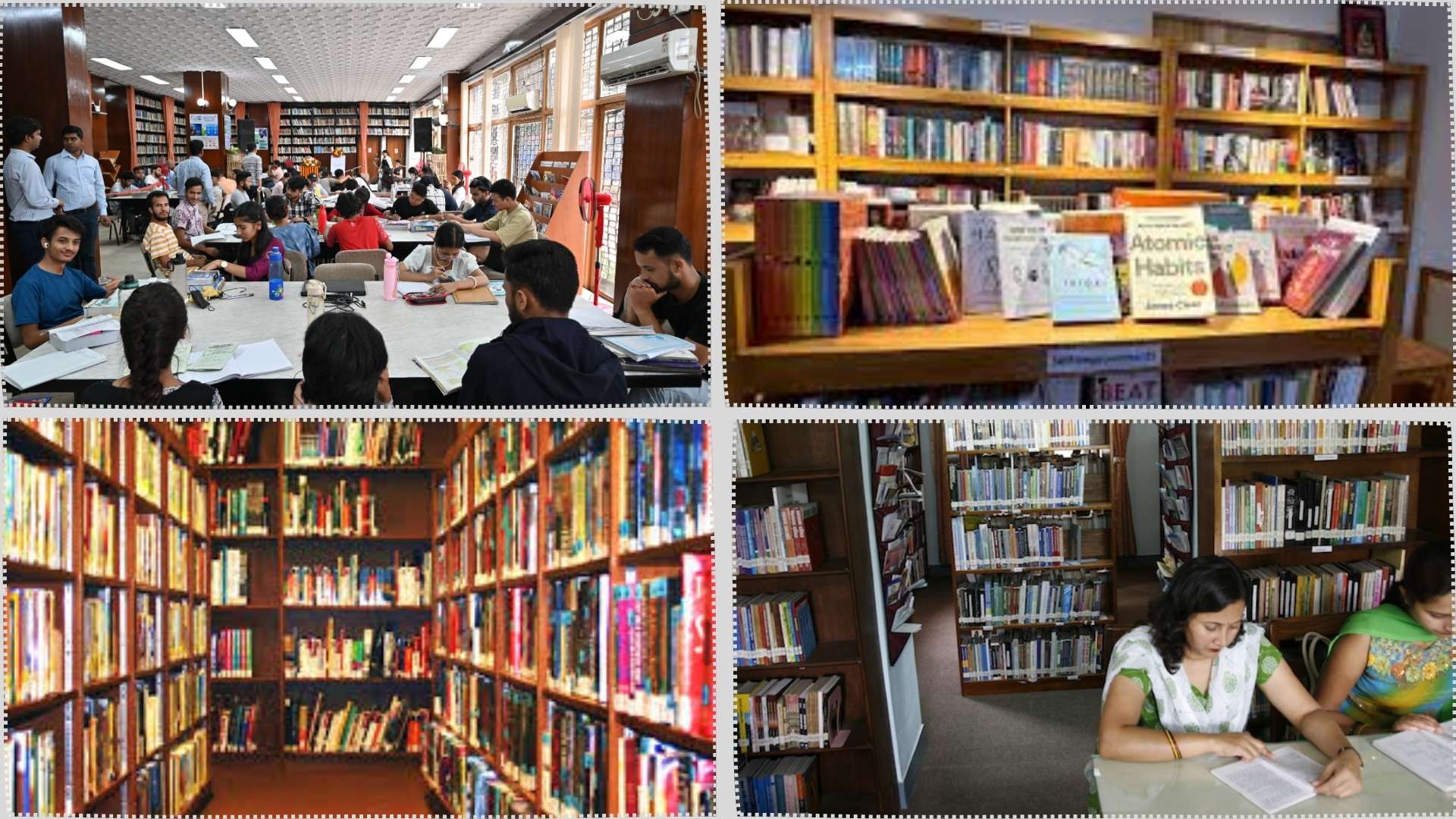
18th Library Day in Nepal
Libraries in Nepal have a history of more than two centuries, but they are still unable to overcome economic, legal, and policy challenges. While they have played a crucial role in developing reading culture, many have been forced to shut down, and those that remain often struggle to operate.
The formal beginning of libraries in Nepal is considered to be the establishment of Pustak Chitahi Tahabil on 15th Bhadra 1869 during the reign of Girvan Yuddha Bikram. However, in the 21st century, most public libraries are facing crises due to a lack of resources, facilities, and readers.
Rise and Decline of Libraries
Over the past decades, many community and educational libraries were established enthusiastically. Yet, most could not sustain due to lack of funding, absence of clear legal frameworks, and insufficient modernization to match changing reading habits.
According to a survey by the Ministry of Education:
-
Total registered libraries: 928
-
Properly functioning libraries: 227
-
Closed libraries: 681
Even among those operating, most are barely surviving.
The major libraries in Nepal include:
-
Nepal National Library
-
Tribhuvan University Central Library
-
Keshar Library
-
Madan Puraskar Library
Established in 2013 BS, the Nepal National Library houses around 150,000 books and periodicals. Tribhuvan University Central Library, the largest in the country, holds more than 350,000 collections.

Challenges Facing Public Libraries
Despite their long history, libraries in Nepal remain underfunded and undervalued. After the 2015 earthquake, the long delay in managing the National Library highlighted the lack of government priority.
Key challenges include:
-
Lack of government grants and consistent funding
-
Financial shortages
-
Poor or temporary infrastructure
-
Absence of skilled manpower
-
Declining reading culture
-
Inability to adapt to digital innovations
Most community libraries are run in dilapidated or temporary buildings without adequate reading rooms, child-friendly spaces, disabled-friendly facilities, toilets, internet services, or clean environments. Such conditions discourage readers.
Budget and Policy Issues
In developed countries, 1% of the education budget is allocated to libraries. In Nepal, however, the education budget is shrinking, leaving libraries with negligible funds.
Public and community library management is defined in the Constitution as a shared responsibility of federal, provincial, and local governments. Although the Local Government Operation Act assigns local levels the responsibility of establishing and running libraries, the grant amounts are not fixed. As a result, funding varies across municipalities, and in some years, libraries receive no grants at all.
Perspectives from Experts
Yadav Chandra Niraula, Under-Secretary at the Ministry of Education, Science, and Technology, and Head of Keshar Library, noted that discussions on libraries only happen on Library Day, while stakeholders remain indifferent on other days, creating operational difficulties.
He added that public libraries, often called "people’s universities," are closing mainly due to the state’s low investment.
Rajendra Pandey, General Secretary of the Nepal Library Association, explained that many libraries cannot even pay staff salaries regularly. He identified the following major problems:
-
Absence of legal framework
-
Weak infrastructure
-
Instability of financial resources
-
Shortage of skilled manpower
-
Declining reading culture
-
Failure to keep pace with the digital era
Global Trends and AI Integration
In developed countries, libraries are increasingly being integrated with artificial intelligence (AI). Readers can instantly receive required information through AI-powered systems.
Vijay Sharma, Information Officer at Tribhuvan University Central Library, highlighted that Nepali libraries have not adopted such systems. He suggested that if libraries could provide official information on places or subjects directly, public interest would increase.
Positive Initiatives and Hopes
Despite challenges, there are some positive developments. Tribhuvan University Central Library recently acquired a new modern building with Radio Frequency Identification (RFID) technology.
The government is preparing to establish public libraries in all 753 local levels, which has brought a new ray of hope. Organizations like READ Nepal are also linking community libraries with sustainable development programs.
For the country’s intellectual and social development, public libraries must be revived through strong government policy, community participation, and the adoption of modern technology.
Celebrations of the 18th Library Day
On the occasion of the 18th Library Day (Bhadra 15), various government and non-government programs have been running for two weeks. To make the celebration effective, a main committee was formed under the coordination of Chudamani Poudel, Secretary at the Ministry of Education, Science, and Technology, along with sub-committees.
Since 2065 BS, the government has celebrated Library Day annually on Bhadra 15.
The theme for this year is: "Our Library: Our Future."
Published Date: Bhadra 15, 2082
Annual Day

